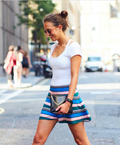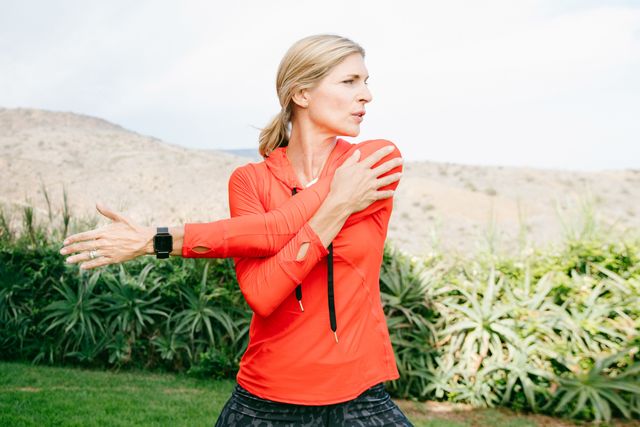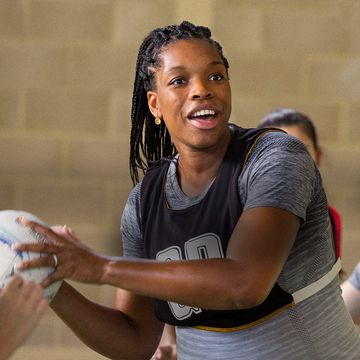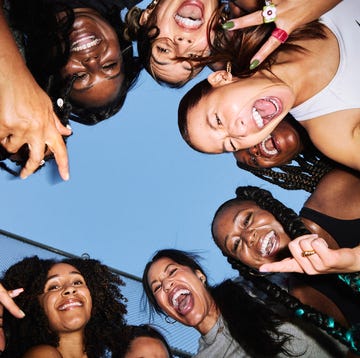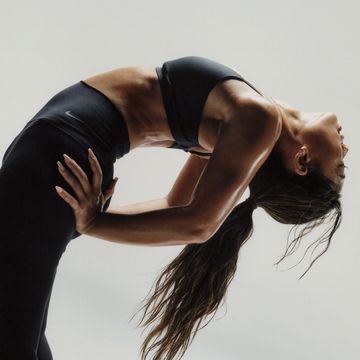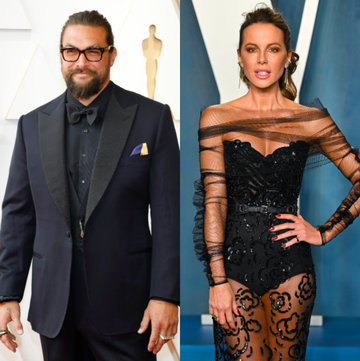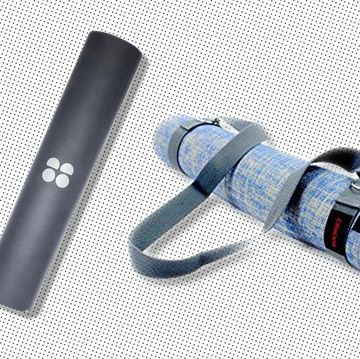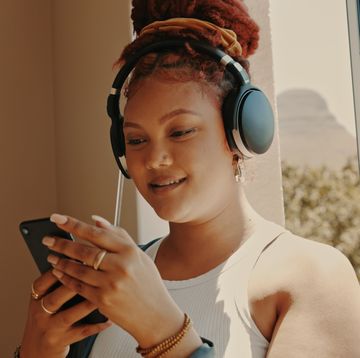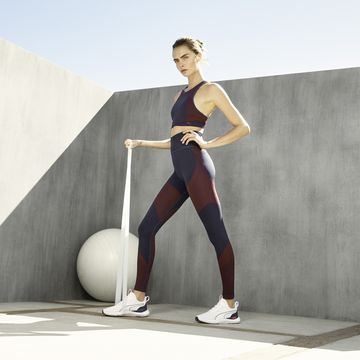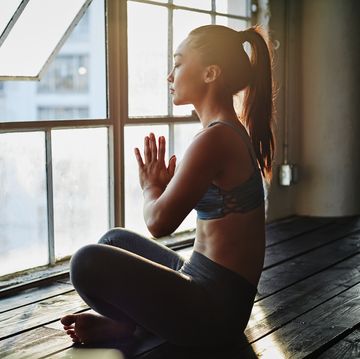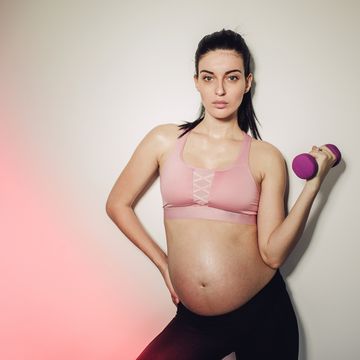The other day Fitbit sent me an email saying: 'Mahalo! You've earned the Hawaii badge'.
There was a picture of a palm tree and a surfboard on a beach.
What had I done to deserve such a reward?
The email went on: 'You've walked your way 563 lifetime kilometers – the same length as the Hawaii archipelago, including all eight major islands! And achievement like that really puts the wow in Iuau.'
The last bit made me laugh. And I allowed myself a flash of quantified-self smugness.
This is my first venture into the world of fitness trackers.
I've been wearing the FitBit Charge 2 for two weeks now and my interest in my new arm candy at times verges on the obsessive.
It feels a bit like starting a new relationship.
It dominates conversation with friends (even though they might not be able to relate to my fledgling tracker love), I have more of a glow to my face (put it down to walking up the stairs, rather than taking the lift) and even though I know I'm ultimately in control, at times I feel utterly ruled by the flashing digits and the regular wrist vibrations.
But it's been fun and has added an extra dimension to both my workouts (which it monitors cleverly, knowing when I'm running, cycling or training) as well as everyday activity.
It tells me when I've been sitting down for too long with vibrations and then tells me how many steps I need to do to counter so much sitting – usually a trip to the kitchen and a mooch around the office will get me there.
The daily recommended number of steps (according to various published authorities) is 10,000 and it's the default figure on most trackers, although this can be changed if you want more or less of a challenge.
You'd be surprised how, during an average day's work, when most of the time is spent at your desk, this figure is hard to achieve.
According to the NHS, the average person walks 3000-4000 steps per day.
So wearing a tracker has made me choose stairs over lifts and walk up escalators. I now feel a bit lazy/guilty when I don't and badger others to join me.
And occasionally I get a friendly email in my inbox congratulating me for earning my first Redwood Forest badge when I've climbed 25 floors: 'The tallest trees on Earth can't top the heights you've been conquering.' No, they can't.
In brief I feel my tracker spurs me on and is a fun addition to my routine.
Which is why I was surprised to read a recent headline that fitness trackers can actually make you fatter.
By following a group of 500 young adults, scientists at the University of Pittsburgh concluded that having every step counted by an electronic device doesn't improve the changes of losing weight and may in fact make people fatter than not wearing a tracker at all.
There were various theories behind these findings, including that people relied too much on trackers and didn't take into account other factors such as diet, or that, after seeing their number of steps, would either reward themselves with treats (one nibble per step?) or feel demoralized and quit exercising altogther.
Other criticism that's been pointed at trackers is that the vast amount of data they're collecting is being handed over to companies and agencies with vested interests, such as health insurance companies.
But the counter argument is that data gathered from trackers can be used to effectively monitor a nation's health and come up with ways to improve people's wellbeing.
Earlier this month, Jeremy Hunt announced that fitness trackers, such as Fitbit, would feed data into people's personal NHS health records.
The idea being that patients would be more 'in control of their healthcare destiny'.
There's no doubt that by wearing a tracker you're handing over a huge amount of data, from your resting heartrate (which the Fitbit Charge 2 monitors) to your sleep patterns.
But I don't mind this.
I like my quantified-self. And my Hawaii badges.
Although my friends and colleagues might disagree.
